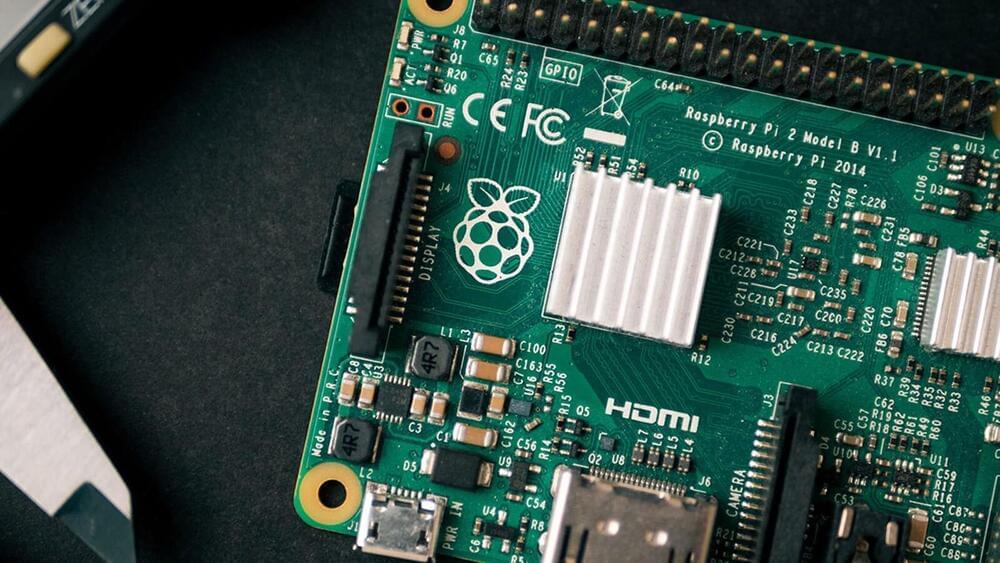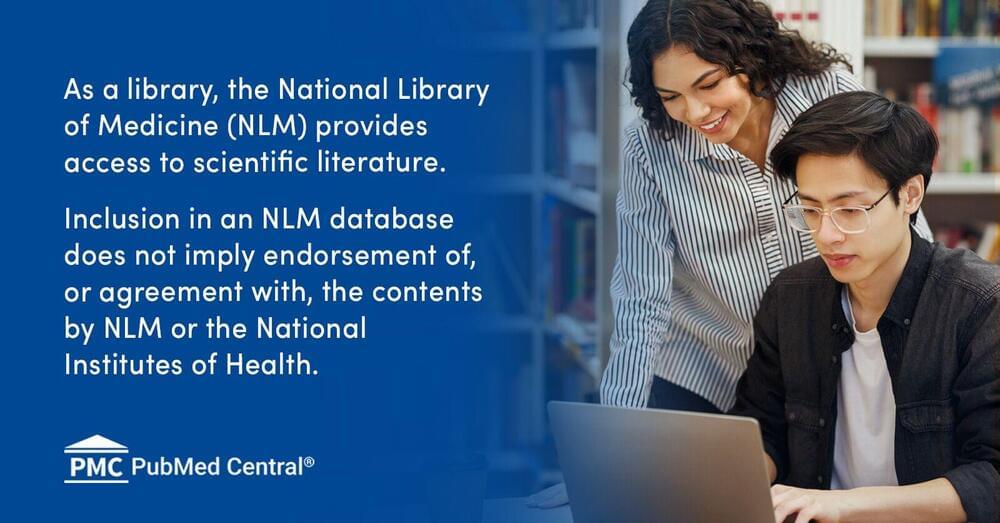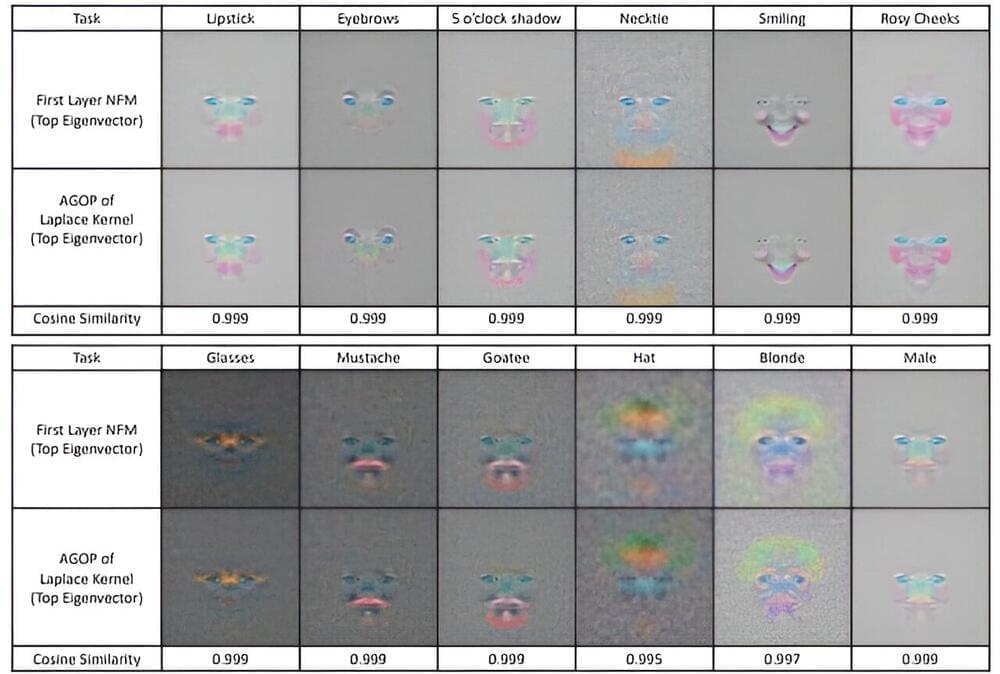Probabilistic computing with stochastic devices.
In recent decades, artificial intelligence has been successively employed in the fields of finance, commerce, and other industries. However, imitating high-level brain functions, such as imagination and inference, pose several challenges as they are relevant to a particular type of noise in a biological neuron network. Probabilistic computing algorithms based on restricted Boltzmann machine and Bayesian inference that use silicon electronics have progressed significantly in terms of mimicking probabilistic inference. However, the quasi-random noise generated from additional circuits or algorithms presents a major challenge for silicon electronics to realize the true stochasticity of biological neuron systems. Artificial neurons based on emerging devices, such as memristors and ferroelectric field-effect transistors with inherent stochasticity can produce uncertain non-linear output spikes, which may be the key to make machine learning closer to the human brain. In this article, we present a comprehensive review of the recent advances in the emerging stochastic artificial neurons (SANs) in terms of probabilistic computing. We briefly introduce the biological neurons, neuron models, and silicon neurons before presenting the detailed working mechanisms of various SANs. Finally, the merits and demerits of silicon-based and emerging neurons are discussed, and the outlook for SANs is presented.
Keywords: brain-inspired computing, artificial neurons, stochastic neurons, memristive devices, stochastic electronics.
Go to:








